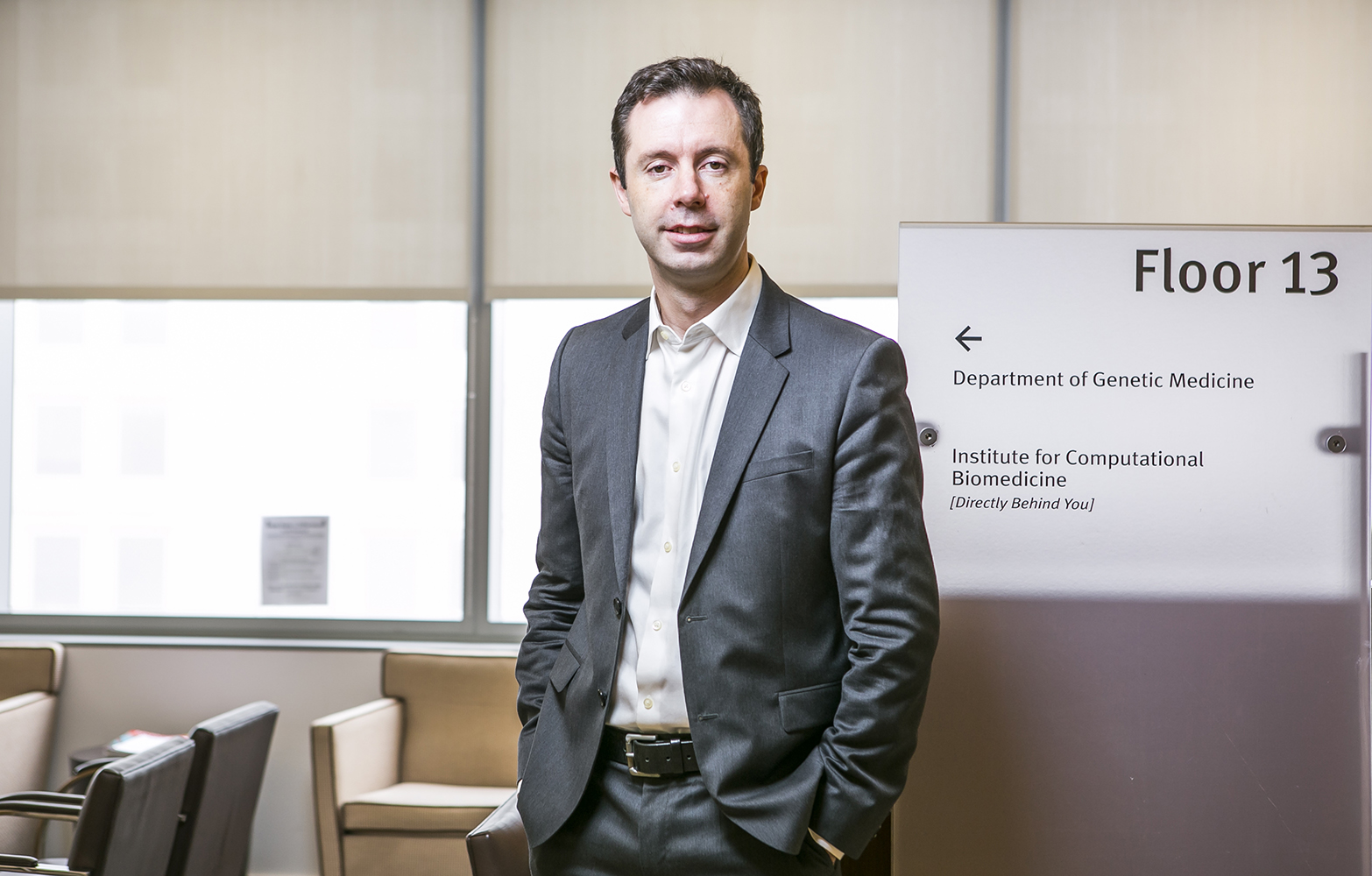
A next-generation genome-sequencing test developed at WCM can detect mutations that guide precision cancer treatment with over 95 percent accuracy, researchers report. They say that their findings, published in NPJ Genomic Medicine, validate the test (called EXaCT-1) and demonstrate its feasibility in a clinical setting. Developed by WCM’s Englander Institute for Precision Medicine, EXaCT-1 scans 21,000 genes to detect genetic mutations that drive cancer—information that can point to new treatment options and clinical trials that may target patients’ diseases. The researchers tested the EXaCT-1 algorithm—which is based on a type of test known as whole exome sequencing—on fifty-seven tumors for any mutation in five genes. "We worked hard to show that the test is reliable and can find mutations that exist while also not falsely find mutations that don’t exist," says co-senior author Olivier Elemento, Ph.D., an associate professor of physiology and biophysics, and associate director of the HRH Prince Alwaleed Bin Talal Bin Abdulaziz Al-Saud Institute for Computational Biomedicine at WCM.
